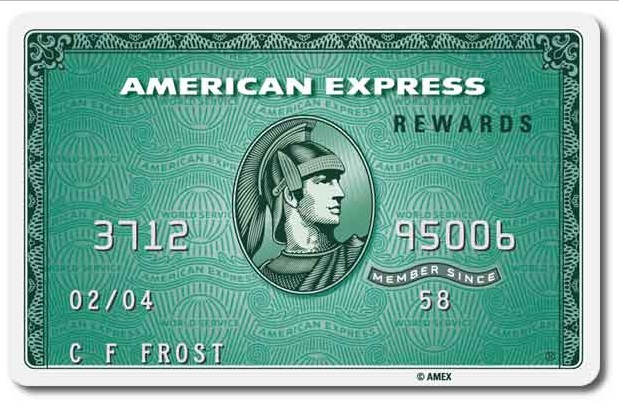 Although you can now load an American Express card onto Google Wallet, AmEx wants to make sure consumers know that it’s not an American Express-approved product. (Disclosure: I have a very small position in $AXP.)
Although you can now load an American Express card onto Google Wallet, AmEx wants to make sure consumers know that it’s not an American Express-approved product. (Disclosure: I have a very small position in $AXP.)
Bradley Minor, an AmEx spokesman, said that the company is in talks with Google and is evaluating Google’s new product to see if it meets AmEx’s standards for data transparency. American Express’s name was used in Google’s blog post about the launch without the company’s approval.
As I noted in my analysis of Google’s new wallet service, Google’s new approach to Wallet can hide important data from the card networks.
This presents a competitive threat to the card networks as well as a potential customer service headache.
Transactions have merchant category codes that allow card networks to analyze a cardholder’s behavior. AmEx knows how I spend my money. It knows how much I spend on restaurants, travel, and electronics. As I’ve written before, this is a gold mine of information that can be used to create incredibly relevant offers.
“The more data you have, the better you’re able to target not just deals, but offers and experiences to an individual,” Dan Schulman, AmEx’s Group President for Enterprise Growth told me in an interview earlier this year. Long term, Schulman expects the data about a transaction to have more value than the money card networks get for processing a transaction.
With Google Wallet, Google is obfuscating all of that information in a method that’s similar to how Groupon turns all its transactions into a black box.
Google Wallet could also undermine specific offers that AmEx creates, resulting in a customer service problem. You can load offers for merchants onto an AmEx card with Twitter, Facebook, and Foursquare. If a consumer pays with Google Wallet using a registered AmEx card, it’s possible that the information AmEx needs to fulfill the offer gets blocked. The consumer, not knowing the mechanics of how such tracking is done, will know that they fulfilled the terms of the offer but didn’t get deal they were promised. That creates a negative impact on AmEx’s brand and the retailer that promoted the offer. And that customer is going to call AmEx with complaints, creating more work.
VentureBeat's mission is to be a digital town square for technical decision-makers to gain knowledge about transformative enterprise technology and transact. Learn More

